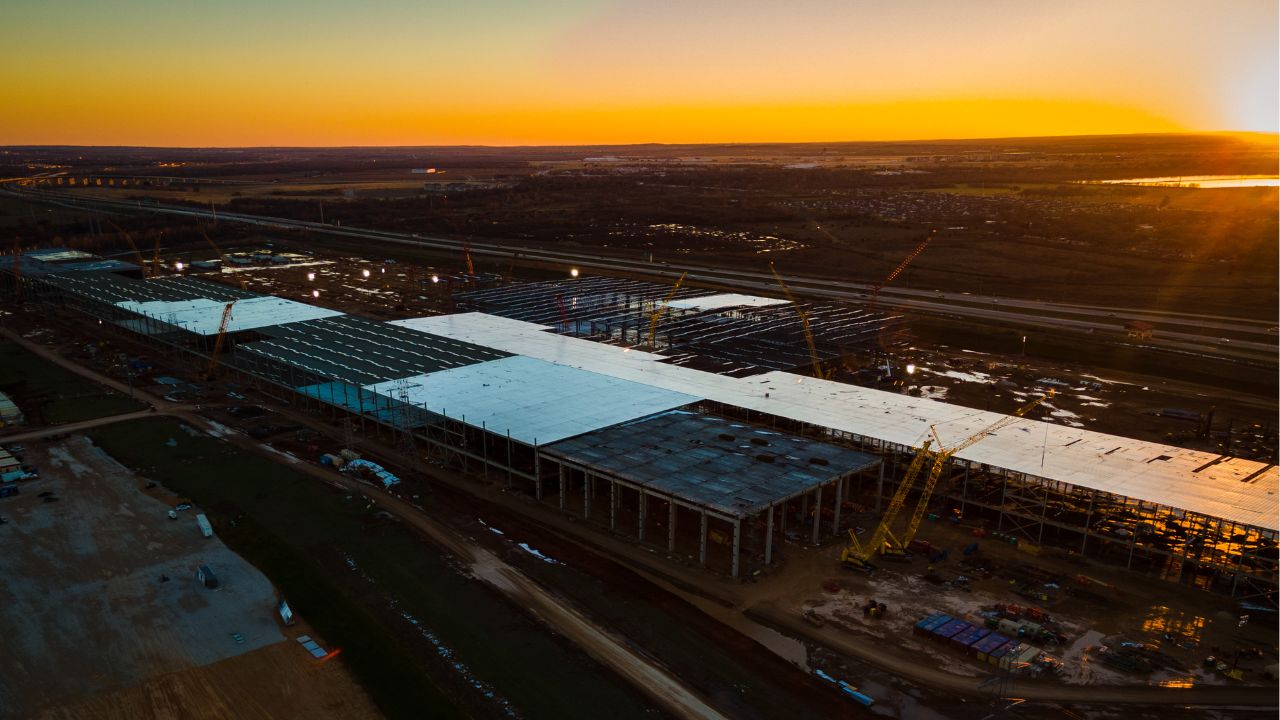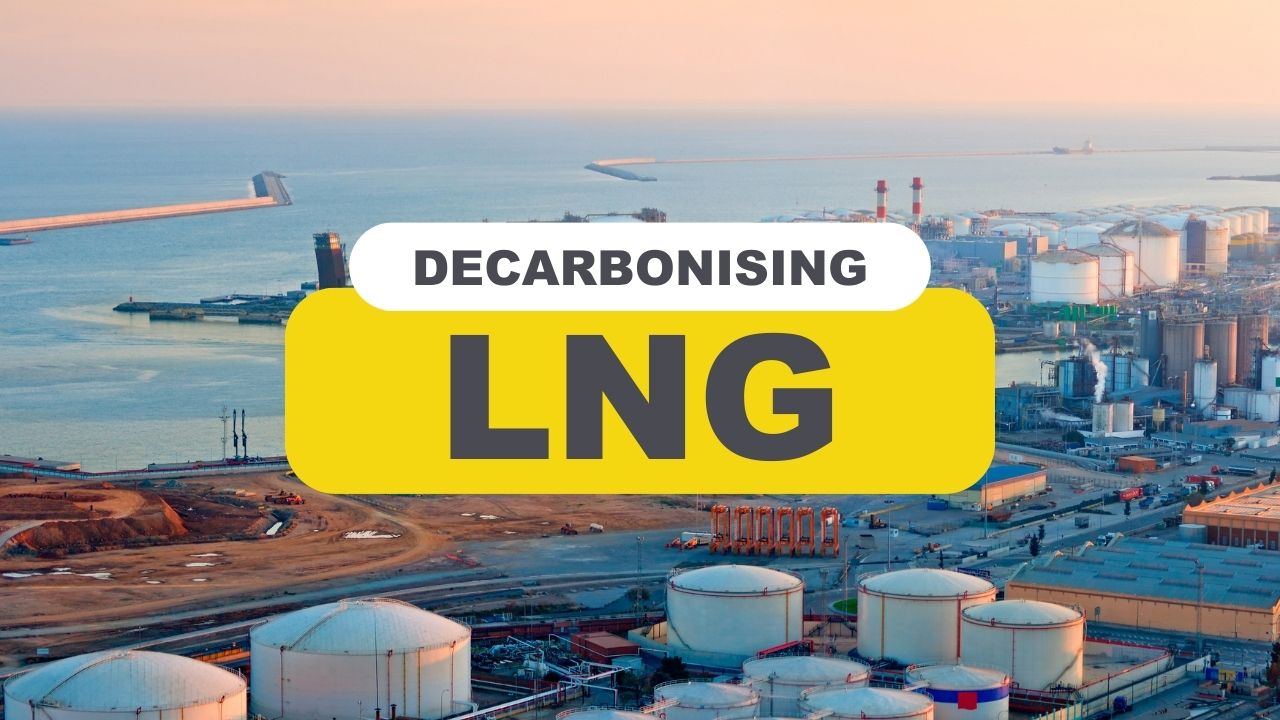Building A Lower Carbon Future Utilising World-Class Engineering Talent
07 Aug, 20202:34Over recent years we have witnessed a significant and sustained movement towards low carbon ...
Over recent years we have witnessed a significant and sustained movement towards low carbon energy sources.
This movement has accelerated faster since the Coronavirus crisis began and the global lockdown saw carbon emissions fall by almost a fifth (17%) in early April, at the height of the lockdown.
Over the past four years Governments around the world have also begun to enshrine in law a date by which their nations and states will become net zero carbon.
The global energy powerhouse Norway was among the first countries to do so back in 2017.
Norway has since been joined by Sweden, California, Denmark, Portugal, and by major economies and G7 members including the UK and France.
In response, some of the world’s largest oil and gas companies have pledged to become net zero carbon energy businesses. BP, was ahead of the curve when it declared its intention to become net zero carbon by 2050 in February this year.
BP was quickly joined by another oil giant Shell, which announced its 2050 net zero carbon commitment in April, shortly followed by Total SA in May.
Just last month 155 global corporations signed a letter calling on Governments around the world to adopt net zero as a way to fuel the economic recovery from the impact of COVID-19 and in the UK more than 200 business leaders wrote to the Prime Minister calling on the government to provide a clear vision for the economic recovery and to drive investment in low carbon innovation, infrastructure and industries, as well as improved resilience to future environmental risks.
It is clear that net zero carbon is very much the direction of travel for both business and governments.
Last month The European Commission unveiled a €750bn ($826.3 billion) package which it claims is the world’s biggest “green” stimulus, and says it will put fighting climate change at the heart of the bloc’s recovery from the coronavirus pandemic.
Both EU and Germany are prioritising investment in cleaner fuel sources such as hydrogen with leaked papers outlining the EU’s hydrogen strategy, which the bloc has highlighted can help the recovery from COVID-19 and increase the hydrogen sectors turnover 70-fold to €140bn by 2030, creating 140,000 new jobs.
For energy companies there is a successful blueprint for how to move towards net zero carbon.
Over the past ten years, Ørsted, formerly known as DONG Energy (Danish Oil and Natural Gas), has successfully transitioned away from fossil fuels and become a leading developer of offshore wind, having installed one third of all offshore wind turbines globally.
By driving out carbon emissions from its energy generation and operations, the company has reduced its carbon emissions by 86% compared to 2006.
Ørsted, recently ranked the most sustainable company in the world, announced its intention to become carbon neutral by 2025.
If it achieves this goal Ørsted the first major energy company to reach net-zero emissions in its energy generation.
The number and diversity of businesses making commitments to net zero carbon is staggering.
Towards the end of 2019 the British region identified as the largest emitter of carbon dioxide – the Humber – unveiled a proposal to become the world’s first net-zero carbon industrial cluster by 2040.
The Net Zero Humber Campaign has brought together three large energy companies: Drax Group, Equinor and the National Grid to decarbonise the UK’s largest industrial economy, which is responsible for 15% of the UK’s current annual CO2 emissions alone.
If it can be achieved the energy companies believe the zero carbon transition will safeguard 55,000 jobs and save £27.5bn in carbon taxes by 2040.
While the fuels of the future may be different it is clear a bright future lies ahead for the world’s talented engineering workforce.
Why?
The next generation of clean power projects will require the same world-class engineering, construction, and management talent as oil and gas projects have done over the past 50 years.
Delivering such large and complex new energy projects will require recruitment partners with the knowledge of where the talent pools are and the broad reach to find the best staff.
With more than 13,000 engineers placed around the world and a candidate database of more than 500,000 technical specialists, NES are looking forward to helping energy companies create a brighter tomorrow.










